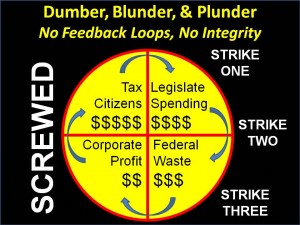Boston Globe
August 5, 2009
By Bob Edgar and Bill Goodfellow
BY THREATENING to veto the defense appropriations bill if it included money for more F-22 stealth fighter planes, President Obama signaled that he was going to put an end to the way business has been done in Washington. We applaud the president?s announcement, but so far it is more symbolic than real.
The same week the Senate voted to cut funding for additional F-22s, for a savings of $1.75 billion, the Senate Armed Services Committee added another $9 billion in earmarks to the 2010 defense authorization bill. Earmarks direct money to a specific program or company in a member?s district for something that has not been requested by the Pentagon and has not been subject to any public review or hearing. It is a gift from a member to a constituent, a gesture that usually is repaid with a generous campaign contribution.
Even if the president succeeds in blocking additional funding for the F-22 and for other programs Secretary of Defense Robert Gates has identified as unnecessary, core defense spending for next year will actually increase by $21 billion. And to make matters worse, every dollar spent on the military is a dollar borrowed from the Chinese or Japanese governments, a dollar that must be repaid with interest. Including costs assigned to other departments, total United States spending on the military approaches $1 trillion a year.
The defense budget is no longer just about defense. Rather, it has become a system of corporate welfare driven by jobs and campaign contributions, the military-industrial complex that President Dwight D. Eisenhower warned about in his 1961 farewell address.
Click on Logo Above to Read Full Story.
+++++++Phi Beta Iota Editorial Comment+++++++
“Rule by Secrecy” includes secret earmarks. The increasing demands for transparency, which are receiving lip-service from the White House (which has its own undisclosed earmarks), should eventually eliminate earmarks, reveal true costs, and reduce corruption. As Chuck Spinney has so often recommended, we must end the revolving door between government and industry–sabaticals are fine, pay-off retirement jobs are not. Below is a slide with a link to a larger briefing; we must use public intelligence to reconnect the public to its own tax dollars, to “follow the money” and prohibit Congressional corruption and abuse of the taxpayer's trust.




